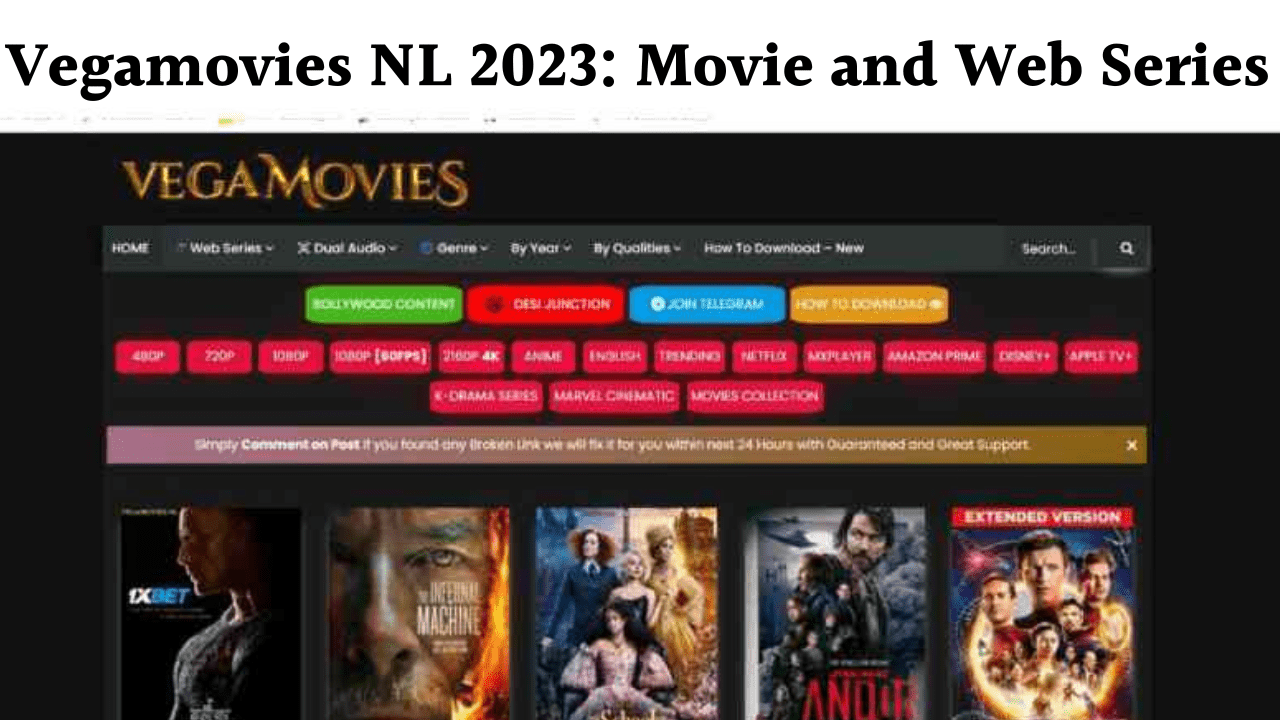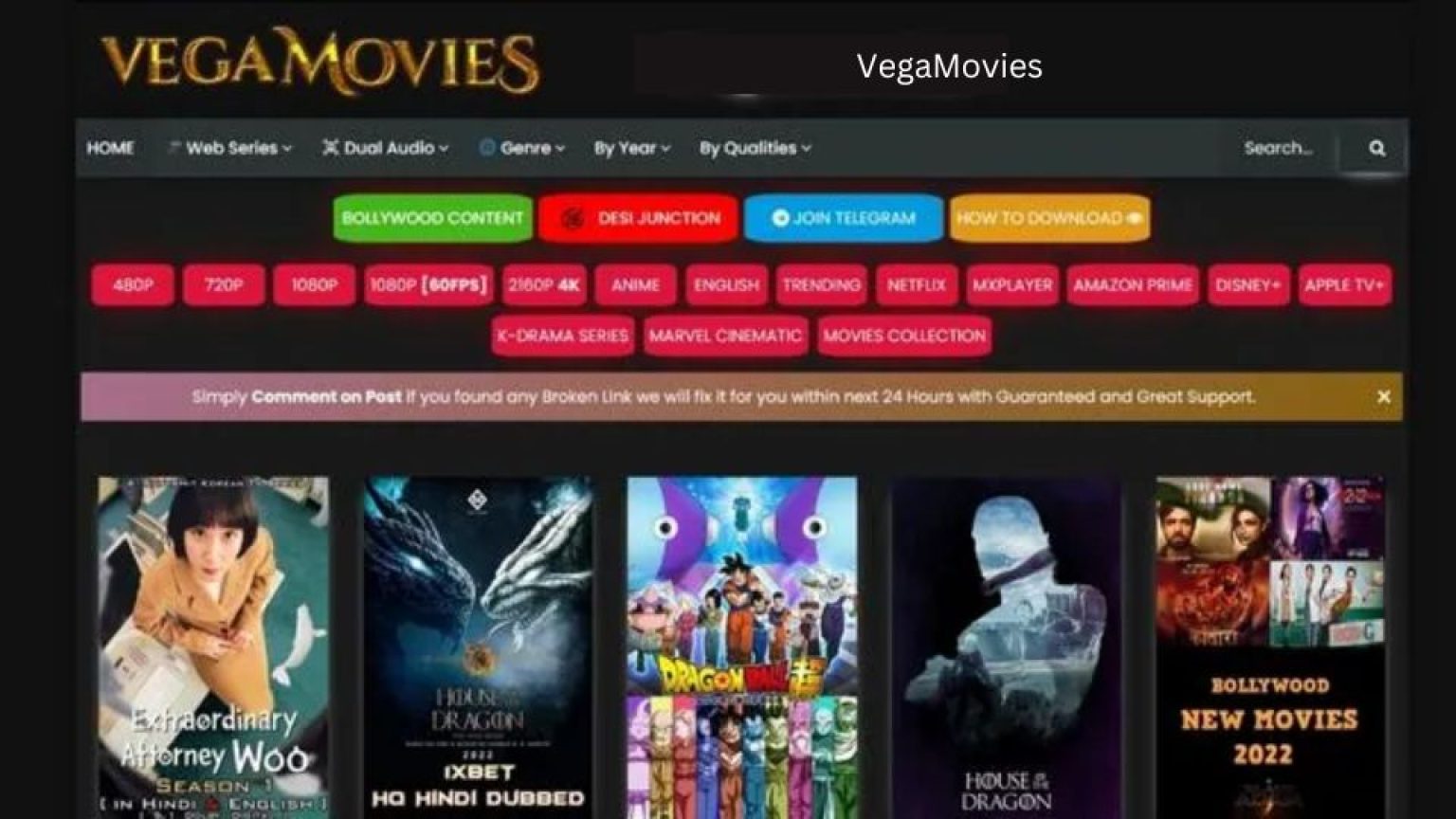Google Discover: No Results? Try These Fixes!
Why does the digital world, seemingly boundless in its capacity for information, sometimes fail to deliver? The frustrating message "We did not find results for: Check spelling or type a new query" is a persistent glitch in the promise of instant access, a digital shrug that leaves users adrift in a sea of potential knowledge, yet stranded on the shores of disappointment.
The internet, once hailed as the ultimate library, has become a vast, often chaotic, repository. Search engines, the gatekeepers to this digital realm, are constantly evolving, employing sophisticated algorithms to understand our queries and deliver relevant results. Yet, despite these advancements, the dreaded phrase remains a familiar foe. This seemingly simple message is more than just a technical hiccup; it's a symptom of deeper issues within the information ecosystem, a reflection of how we interact with and understand the digital landscape. The phrase highlights the intricacies of search engine optimization (SEO), the challenges of natural language processing, and the potential for user error in the rapidly evolving online world. It underscores the importance of precise phrasing, accurate spelling, and a clear understanding of the information we seek. It is a digital lesson in patience, persistence, and the constant need to refine our search strategies.
Consider, for a moment, the everyday scenarios in which this phrase appears. A student researching a complex scientific concept, a journalist seeking obscure historical data, a casual user simply trying to find the nearest coffee shop all are subject to the same digital roadblock. The implications are far-reaching. It can hinder academic research, impede professional endeavors, and, at a more fundamental level, limit access to knowledge and information. The message highlights the fragile nature of the digital connection, a reminder that even in a world of instant gratification, the right answer is not always readily available.
- Alana Stewart Age Biography Facts Family Career 2024
- Sherry Stringfield Net Worth How Rich Is The Er Star In 2024
The primary reason, often, is a lack of precision in the search query. Spelling errors, incorrect phrasing, and overly broad terms are common culprits. Search engines, despite their advanced capabilities, rely on the user to provide a clear and concise request. "We did not find results for:" often signals that the engine has struggled to decipher the user's intent. Then there is the issue of the vastness itself: the internet is enormous, and even the most powerful search engines can't index everything. Some information is intentionally hidden, behind paywalls or private databases. The results might be unavailable due to technical problems, website downtime, or indexing issues.
The experience varies wildly based on individual circumstance and online experience. For the tech-savvy, the message might be a minor annoyance, quickly addressed through refined search terms or alternative search engines. For others, it can be a source of frustration, particularly those who struggle with technology or have limited internet access. The phrase underscores the digital divide, revealing the disparities in access to information and the skills needed to navigate the online world effectively. It highlights the fact that the digital realm, for all its potential, is not always an equal playing field.
Beyond the technical, the phrase can also touch upon broader societal issues. It can reflect biases within algorithms, mirroring existing societal prejudices or reinforcing certain viewpoints. It can reveal the challenges of verifying information in an age of misinformation, where reliable sources are often buried under a deluge of questionable content. Ultimately, the phrase serves as a reminder of the imperfections of technology and the importance of critical thinking and information literacy. It is a call for greater awareness of how we access and consume information, and a reminder that the digital world is not a passive experience, but an active one, requiring engagement, discernment, and a willingness to adapt.
- Peter Buffetts Net Worth From 90k To Millions Beyond
- Big Poppa Kim Zolciak The Rhoa Drama You Need To Know
Imagine, too, the impact on businesses. "We did not find results for:" can translate into lost customers, missed opportunities, and damaged reputations. It can also affect the way companies optimize their websites, requiring them to constantly refine their SEO strategies and ensure their content is easily discoverable. Moreover, it can influence how we perceive brands and their online presence. If a business is difficult to find online, it may be perceived as less credible or less relevant, even if its products or services are of high quality.
The phrase's presence can vary, too, depending on the search engine being used. Google, with its vast index and sophisticated algorithms, might offer different results than Bing or DuckDuckGo. The choice of search engine, therefore, becomes a crucial decision, affecting the overall information that is accessible to the user. The specific design of the interface, the ways results are presented, and the use of various search features, such as image search and advanced filters, can dramatically shape the user's experience.
Furthermore, the phrase highlights the dynamic nature of information. Websites are updated constantly, content is added and removed, and links change. The information that is available today might not be available tomorrow. This dynamism puts a premium on archiving, a process that seeks to preserve digital content for future generations. The use of tools like the Wayback Machine can be vital in accessing information that is no longer available through standard search engines. The ephemeral nature of the online world reinforces the importance of saving and preserving digital records.
In an era of artificial intelligence, natural language processing, and ever more sophisticated algorithms, the occurrence of "We did not find results for:" might seem anachronistic. It reflects a digital world that, while becoming increasingly advanced, still requires human input and understanding. It serves as a reminder that while technology is a powerful tool, it is only as good as the data it uses and the instructions it receives. This also means that while technology may seem to be flawless, there will always be instances where human interpretation and intervention are required.
Consider also the role of context. Where we are searching from, what we have searched for previously, and what the search engine knows about us can influence the results. Personalization has become a powerful force in the online world, but it can also create "filter bubbles," where we are only exposed to information that confirms our existing beliefs. The "We did not find results for:" might also indicate that the system is working too well, blocking access to information that might be controversial or challenging. The issue underscores the need for users to be aware of the limitations of personalization and the importance of seeking diverse perspectives.
In the world of search, the phrasing and choice of keywords are crucial. Using exact phrases, quotation marks, and Boolean operators, such as AND, OR, and NOT, can vastly improve the accuracy and relevance of search results. Effective search strategies include starting broad and refining the search, testing different keywords and phrases, and checking for spelling errors and typos. The practice highlights the need to hone our digital literacy skills. This includes learning how to find, evaluate, and use information effectively.
The frequency of "We did not find results for:" highlights the ongoing challenges related to the ever-growing mass of information. The need for reliable sources, verification of facts, and the development of critical thinking skills have never been greater. As technology develops, digital literacy becomes ever more critical. It is not simply enough to find information; we need the skills to assess its credibility, understand its context, and discern its meaning. Furthermore, it calls for a degree of transparency and accountability from the platforms and search engines that shape our digital experiences.
The message is, in its own way, a prompt to learn, adapt, and refine our approach to the online world. It urges us to become more active and thoughtful users, better equipped to navigate the vast and often-complex landscape of information. It reminds us that accessing knowledge is an ongoing process, not a destination, and that the digital world is a dynamic and evolving ecosystem that demands constant attention and a willingness to learn. The simple message of "We did not find results for: Check spelling or type a new query." is thus a reflection of a much larger story, a narrative about information, technology, and the evolving relationship between humans and the digital world. It is a reminder that the quest for knowledge is a continuous journey, one that requires patience, persistence, and the right digital tools.
- Calvin And Hobbes Why Bill Wattersons Comic Still Resonates Today
- Jodie Kidds Net Worth In 2024 Earnings Career Insights

Discover The World Of Vegamovies 4K Ultra HD Streaming Redefined

VegaMovie In Website to Watch Free Movies and TV Shows in HD Quality!

VegaMovies 18+ Your Ultimate Guide To Adult Streaming